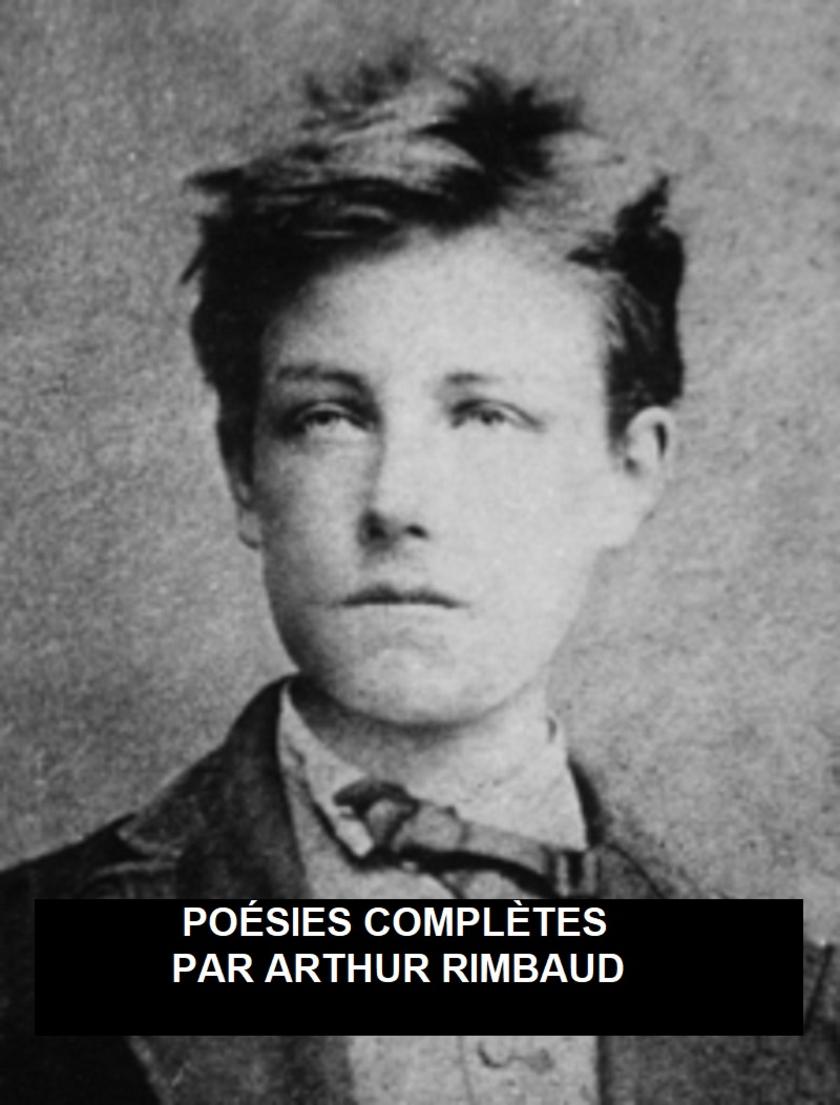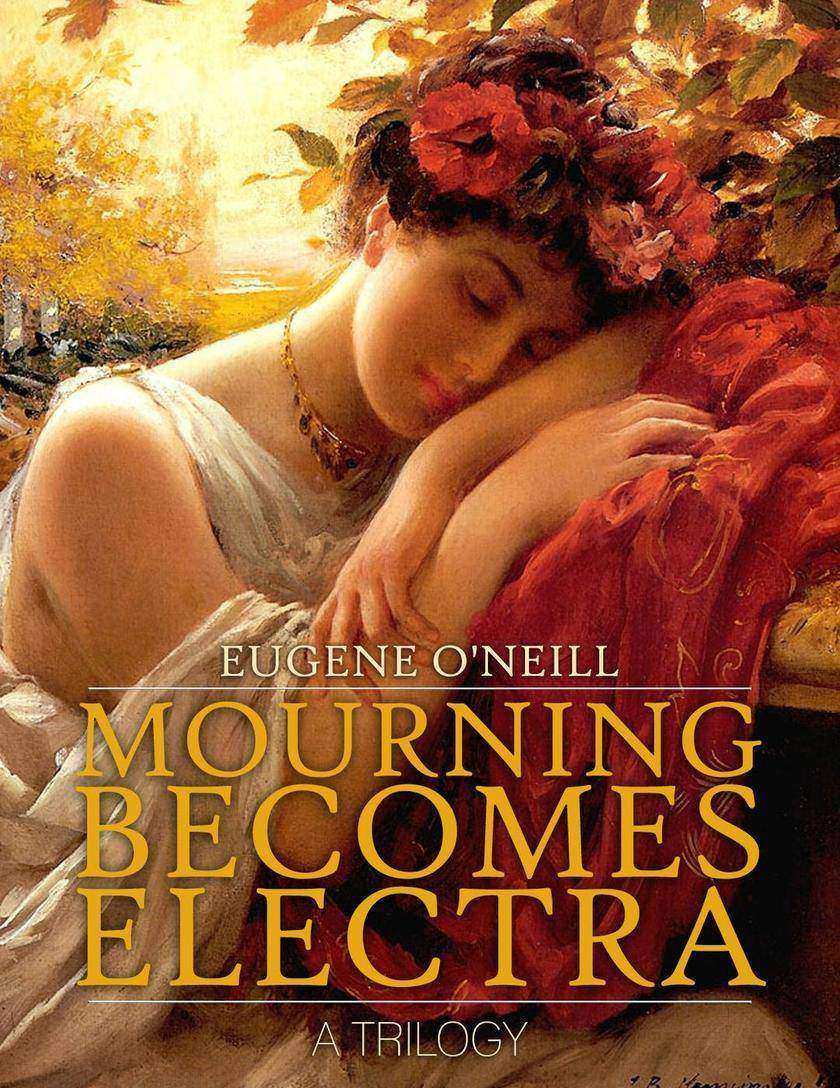
Poésies Complétes
Arthur Rimbaud
¥8.09
D'abord publié en 1895, en fran?ais. Avec des liens vers tous les poèmes de la table des matières. Selon Wikipédia: "Jean Nicolas Arthur Rimbaud (20 octobre 1854 - 10 novembre 1891) est un poète fran?ais né à Charleville, en Ardenne, qui a influencé la littérature et les arts modernes, inspiré divers musiciens et préfiguré le surréalisme. jeune homme, alors qu'il était encore à l'école primaire, et s'est arrêté complètement avant d'avoir 21 ans .Il était surtout créatif dans son adolescence (17-20) .Son ?génie, sa floraison, explosion et extinction soudaine, étonne encore?. Il a été un libertin et une ?me inquiète, il a beaucoup voyagé sur trois continents avant sa mort du cancer juste après son trente-septième anniversaire. "

Mourning Becomes Electra
Eugene O'Neill
¥18.56
Mourning becomes Electra is a play cycle written by American playwright Eugene O'Neill. The play premiered on Broadway at the Guild Theatre on 26 October 1931 where it ran for 150 performances before closing in March 1932. In May 1932, it was revived at the Alvin Theatre, and in 1972 at the Circle in the Square Theatre.




 购物车
购物车 个人中心
个人中心



